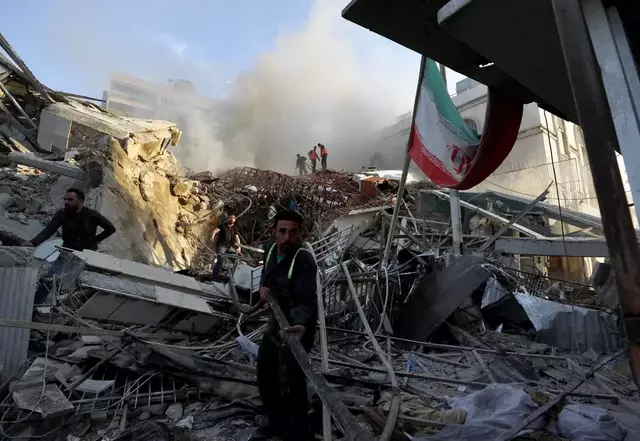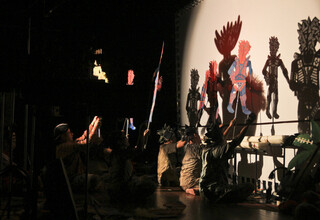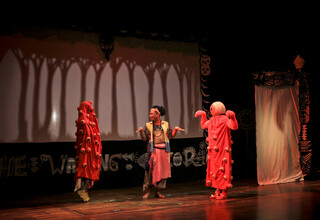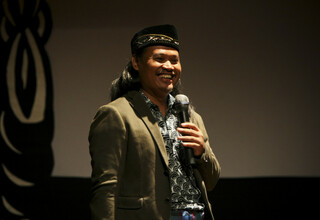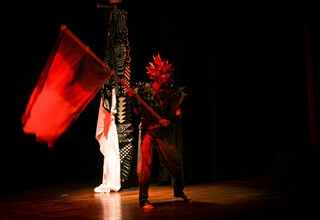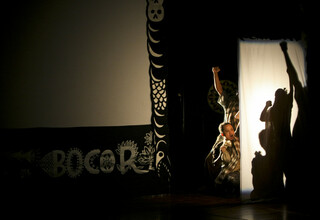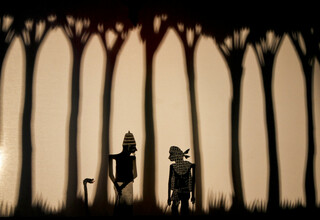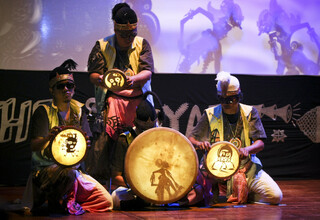'Semelah' Returns to Indonesia for Final Show
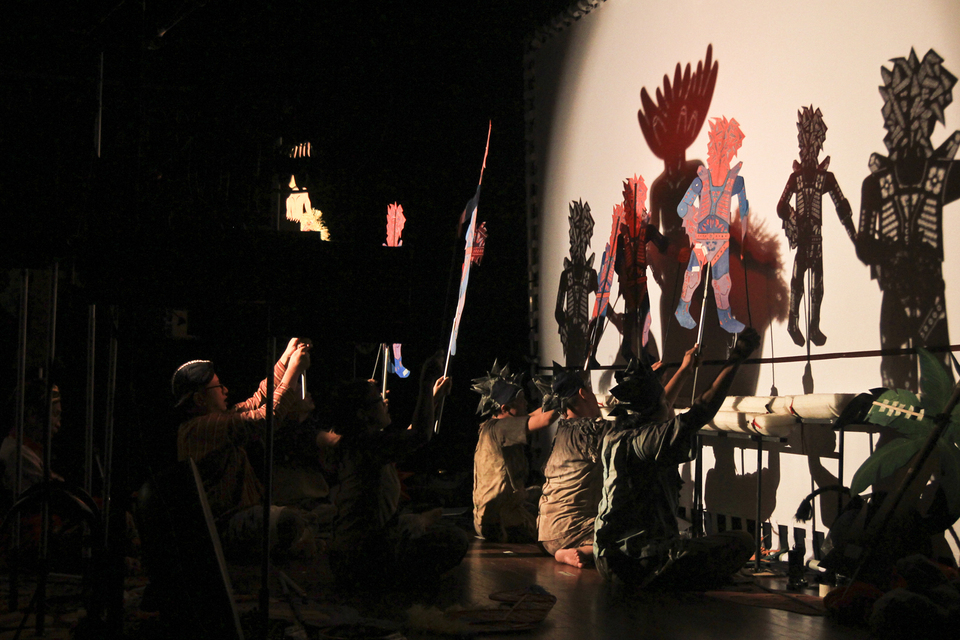
The last performance of the "Semelah" shadow puppet show, created by visual artist Eko Nugroho, took place in Teater Kecil at Taman Ismail Marzuki in Cikini, Central Jakarta, on Monday (17/07) following a successful tour of the United States.
The word semelah derives from the way Javanese Muslims usually pronounce the Arabic word bismillah, which means "in the name of Allah." The story is centered on the spread of Islam in Java and the assimilation of Islamic teachings in Javanese culture.
The stage is set in a conflict-torn Java, where the powerful Hindu-Buddhist Majapahit Kingdom was on its last legs and at war with the Islamic Demak Kingdom. The conflict resulted in widespread poverty, famine and homelessness.
Raden Mas Said, a nobleman, decided to become the local "Robin Hood" under the assumed name Maling Aguna. He stole from the rich and provided the poor with life's necessities.
However, it was when he failed to rob a kyai, or Muslim cleric, that he had an epiphany. After being defeated in a fight, he decided to learn from the kyai. After intense meditation to cleanse himself of his past behaviors, he decided to spread Islam through peaceful ways, such as through wayang, or shadow puppetry. Today he is better known as Sunan Kalijaga, one of the wali songo, or nine Islamic saints, of Java.
The story was performed in a contemporary puppet show style known as wayang bocor, invented by Eko himself. The word bocor, which means "leaking" in Indonesian, refers to a fusion of many forms of art, such as puppetry, live theater and drawings.
Wayang bocor is more dynamic than traditional puppet shows. It features more white screens, with actors sometimes performing behind them. However, the dalang, or puppeteer, does not sit in front of the screen with the gamelan musicians. In fact, the music is prerecorded.
Eko said there is always something new with each performance. "Semelah," which was performed in New York, North Carolina and California, included a critique of US President Donald Trump. Meanwhile, the shows in Pekanbaru, Riau, featured more pantun, or Malay quatrains, while the shows in Yogyakarta were performed entirely in the Javanese language.
Gunawan Maryanto, a prominent theater actor who is responsible for interpreting and directing Eko's stories on stage, said the wayang bocor team adopted different approaches tailored to various venues and audiences.
Eko has performed many stories in his wayang bocor style since 2008. Before his style gained recognition, he would go from village to village to perform stories adapted to each area's issues.
POPULAR READS
Nissan to Make Next-Generation EV Batteries by Early 2029
Solid-state batteries are widely seen as the next step for EVs.Airlangga Set to Extend Leadership in Golkar After Election Success
Under his leadership, Golkar rose to the second position in the legislative polls and successfully made Gibran the elected vice president.Yellen Says Iran's Actions Could Cause Global 'Economic Spillovers'
Iran's missile attack on Israel early Sunday came in response to what it says was an Israeli strike on Iran's consulate in Syria.Takeaways from Prabowo's Responses to Legal Motion Contesting His Election Win
Part of the argument addresses the claim that the candidacy of Gibran Rakabuming Raka, Prabowo’s running mate, is unlawful.Prabowo Camp Cites ‘Procedural Error’ in Legal Challenge by Rival Candidates
The Constitutional Court's main task is to address alleged discrepancies in vote tallies, which neither of the plaintiffs challenged.Popular Tag
Most Popular
